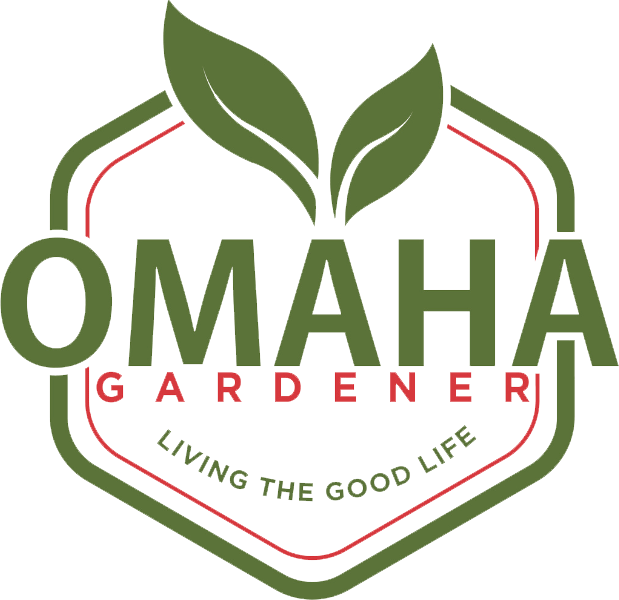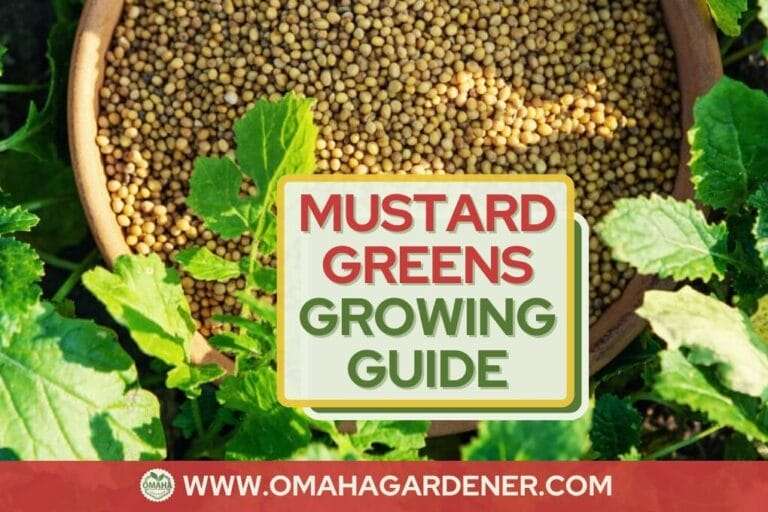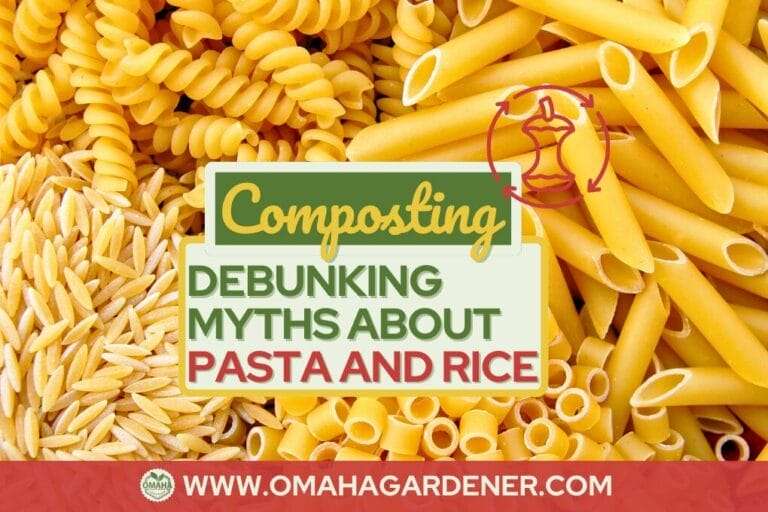
Are you debating using pine straw or mulch for your garden or landscape beds? It's a common dilemma and one that can be easily solved with a little bit of knowledge. So, let's delve into the topic a bit more and help you make an informed decision.
When choosing between pine straw and mulch, there is no clear winner, as both have their own advantages and disadvantages. Pine straw is a natural and affordable way to improve soil moisture and prevent weed growth, while mulch provides a better moisture barrier and a slower moisture loss rate than pine straw. Ultimately, the best choice between pine straw and mulch depends on your specific needs and preferences. So, let’s dive deeper and learn more about it!
Table of Contents
Pine straw adds aesthetic appeal to your landscape with its neutral color and long needles. However, it may not be the best option for heavy winds or heavy rains as it can easily be blown away or washed out.
In contrast, mulch makes it a great option for vegetable gardens and flower beds as it helps retain essential nutrients in the soil and prevents soil erosion. However, certain types of mulch can lower soil pH levels, which may not be ideal for those with acidic soil.
Using Pine Straw for Your Garden Bed
Pine straw is a type of organic mulch made from the long needles of longleaf pine trees. It's a natural product that can be found in most areas where pine trees grow. To use pine straw as mulch, you simply spread a layer of dry pine needles around your plants on top of the soil surface.
What Are the Benefits of Pine Straw Mulch?
Pine straw has several benefits, including:
- Better moisture barrier: Pine straw helps retain soil moisture, which is important for plant growth. It also helps prevent moisture loss during heavy rains or strong winds.
- A slower rate of decomposition: Pine straw decomposes slower than other organic mulches, which means you won't need to replace it as often.
- Aesthetic appeal: Pine straw is neutral and blends well with most landscaping, giving your garden beds a natural, cohesive look.
- Suppresses weed growth: Pine straw helps suppress weed growth, which means less time spent weeding and more time enjoying your garden.
- Regulates soil temperatures: Pine straw helps regulate soil temperatures, keeping the soil warmer in the winter and cooler in the summer.
Drawbacks of Pine Straw
While pine straw has many benefits, it's not perfect. Here are a few things to consider before using pine straw in your garden beds:
- Acidic soil: Pine straw can make the soil more acidic, which may not be ideal for some plants. If you have plants that prefer neutral or alkaline soil, you may want to avoid using pine straw.
- Ground cover: Pine straw is not the best option for ground cover as it doesn't provide a uniform layer of mulch, unless that's the look you're going for.
Using Mulch for Your Garden Bed
Mulch is a general term used to describe any material that is spread over the soil surface to protect plant roots and retain moisture.
There are several types of mulch, including bark mulch, wood chips (hardwood/softwood), grass clippings, and bagged mulch.
What Are the Benefits of Mulch?
Mulch has many benefits, including:
- Reduces soil erosion: Mulch helps protect the soil surface from heavy rains, reducing soil erosion.
- Essential nutrients: Organic mulches, such as wood chips and grass clippings, break down over time and provide essential nutrients to the soil.
- Suppresses weed growth: Mulch helps suppress weed growth, which means less time spent weeding and more time enjoying your garden.
- A great option for vegetable gardens: Organic mulches are a great choice for vegetable gardens as they provide essential nutrients to the soil.
Drawbacks of Mulch
Mulch also has its drawbacks, including:
- Growth of weeds: Mulch can sometimes provide a breeding ground for weed growth if not applied properly.
- Shorter lifespan: Organic mulches decompose faster than pine straws, which means you may need to replace them more often.
- Can blow away in heavy winds: Mulch can blow away in heavy winds, which means you'll need to replenish it more often.
What Is The Best Form of Mulch?
The best form of mulch depends on your specific needs and preferences. Organic mulches, such as wood chips (hardwood and softwood) and grass clippings, are great for vegetable gardens and provide essential nutrients to the soil. They even make mulch made out of rubber. Bark mulch is a great choice for flower beds as it provides a uniform layer.
However, if you're looking for a more natural product, pine needle mulch or longleaf pine straw is a great option. Pine straw is made from dry pine needles that fall from long-leaf pine trees. The long needles interlock together to form a dense ground cover that provides a better moisture barrier than many other types of mulch.
Can Pine Straw be Used as Mulch?
Yes, pine straw can be used as mulch! In fact, it is a great choice for garden beds where you want to create a natural woodland look. Pine straw has many of the same benefits as other types of mulch, including preventing weed growth and retaining soil moisture.
I use pine straw around my acid-loving plants and blueberry bushes.
Cost Comparison
Here's a table comparing the cost of mulch and pine straw:
| Material | Cost per cubic foot |
|---|---|
| Pine straw | $3.50 – $4.50+ |
| Hardwood mulch | $3.00 – $4.00+ |
| Cedar mulch | $3.50 – $5.00+ |
| Pine bark mulch | $3.50 – $5.00+ |
Note: Prices may vary depending on your location and the supplier.
Overall, pine straw tends to be slightly more expensive than mulch, but the difference in cost is relatively small. The specific type of mulch you choose can also impact the price, with some types being more expensive than others. It's important to consider not just the cost, but also the durability and other factors when deciding between pine straw and mulch for your landscaping needs.
Property Owner Tips
- Property owners or landscapers can easily put down either pine straw and mulch.
- Although either is an excellent medium, spreading it on the ground can be labor intensive; therefore, it may be wise to hire a landscaper if you do not have the endurance. By the way, wet bails of pine straw or bags of mulch add to the product's weight when handling.
What Are the Pros and Cons of Pine Straw vs Mulch?
Pros:
| Pine Straw Mulch | Organic Mulch (wood chips, bark, etc.) |
| Natural product | Organic materials |
| Long-lasting coverage | Provides essential nutrients to soil |
| Better moisture retention | Reduces weed growth |
| Aesthetic appeal | Regulates soil temperatures |
| Neutral color | Prevents soil erosion |
Cons:
| Pine Straw Mulch | Organic Mulch (wood chips, bark, etc.) |
| Natural product | Organic materials |
| Long-lasting coverage | Provides essential nutrients to soil |
| Better moisture retention | Reduces weed growth |
| Aesthetic appeal | Regulates soil temperatures |
| Neutral color | Prevents soil erosion |
Looking for ways to improve your garden? Check out our blog post: How to Level Up Your Garden with Smart Gardening
Frequently Asked Question
What lasts longer pine straw or mulch?
In terms of durability, mulch tends to last longer than pine straws. Pine straw typically lasts around 6 months before it needs to be replaced, whereas mulch can last up to 2 years or more, depending on the type of mulch used and the conditions it is exposed to.
Where can you purchase pine straw?
Pine straw can be purchased from various sources, including:
– Landscaping companies: Many professional landscaping companies sell and install pine straws for their clients. They may also offer delivery and installation services.
– Garden centers and nurseries: Garden centers and nurseries often sell pine straw and other landscaping materials and supplies.
– Big box stores: Some large retailers, such as Home Depot, Lowe's, and Walmart, sell pine straw in their garden centers.
– Pine Straw: Pine straw can also be purchased online from various retailers, which may offer home or business delivery.
Can you add color to your mulch
Yes, there are products on the market to allow you to refresh the mulch color. Chech out this mulch dye.
Conclusion
Pine straw mulch may be your best choice if you want a long-lasting ground cover that provides better moisture retention and reduces weed growth. But if you want a mulch that provides essential nutrients to the soil and regulates soil temperatures, organic mulch may be the way to go. Whatever you decide, have fun and share pictures of your finished project and tag us on social media. Happy Gardening.



